2020 — Anniversaries of significance in Canada
The 75th anniversary of the end of the Second World War
Victory in Europe Day, liberation of the Netherlands, Victory over Japan Day
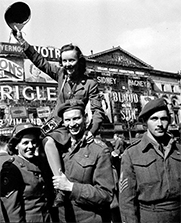
The Second World War had a profound impact on Canada. When it ended, more than one million Canadians and Newfoundlanders had served in the armed forces, while millions more had supported the war effort at home. Before Victory in Europe on May 8, 1945, and Victory over Japan on August 15, 1945, more than 45,000 lost their lives and another 55,000 were wounded. In the final year of the war, Canadians led the liberation of the Netherlands, which the Dutch gratefully remember to this day.
The 350th anniversary of the founding of the Hudson's Bay Company
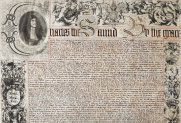
Hudson’s Bay Company (HBC) is the oldest company in North America. It was created in 1670, when the King of England granted a royal charter to investors interested in trading with Indigenous peoples for furs. Although trade relationships were often unequal, HBC posts were an important part of life for many Indigenous families for centuries. In the 19th century, HBC diversifies its interests, becoming the department store chain that Canadians know today.
The 150th anniversary of the creation of the province of Manitoba
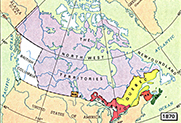
In 1869, Hudson’s Bay Company (HBC) agreed to sell Rupert's Land to Canada — most of what is now western and northern Canada. Indigenous communities were not included in that agreement. Métis led by Louis Riel blocked the land transfer in Red River until the Canadian government negotiated with them. The result was the Manitoba Act of 1870, creating Canada’s fifth province. The Métis soon lost ground to non‑Indigenous settlers, but their fight for recognition and protection of their rights continues.
The 100th anniversary of the creation of the “Group of Seven”
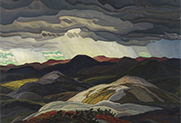
The Group of Seven included artists Franklin Carmichael, Lawren Harris, Frank Johnston, A.Y. Jackson, Arthur Lismer, J.E.H. MacDonald and Frederick Varley. Formed in 1920, their distinctively bold and dramatic paintings of Canadian landscapes are beloved to this day.
The 100th anniversary of Canada's first Olympic gold medal in hockey
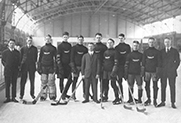
Representing Canada, the Winnipeg Falcons won the first gold medal in hockey at the Olympic Games in Antwerp, Belgium, in 1920. Canada outscored its opponents 29-1 to take the victory with a team made up primarily of Icelandic Canadians. These were the last Summer Games to include winter sports, prior to the first Olympic Winter Games in 1924.
The 75th anniversary of the creation of the United Nations
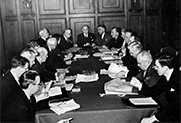
In 1945, Canada was one of the founding countries of the United Nations. Canada continues to play an important role in promoting its vision of international peace, cooperation and collective security.
The 50th anniversary of the Arctic Winter Games
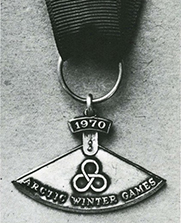
The Arctic Winter Games were founded in 1970 to give northern athletes opportunities to train, compete, and meet. The Games are now a high-profile sports competition welcoming athletes from around the circumpolar world (around one of the poles). They showcase Indigenous sports, games, and cultural performances as well as some Olympic sports. The Games will celebrate their 50th anniversary in 2020 in Whitehorse.